The last thing you want to do after a long day at work is come home and find a puddle of water in your kitchen or laundry room. Unfortunately, that's exactly what happens to many homeowners who are experiencing a leaky washing machine. Thankfully, there are several common causes for leaking washers—and quick and easy ways to fix them! Here they are:
You have a tear or hole in your washing machine's hose
If you have a tear or hole in your washing machine's hose, it may be causing the leak. The hose carries water from the faucet to your washing machine and back again.
If you notice that you're having a leak from your washing machine and can't find an obvious source of it, check for any tears or holes in the hoses leading to and from your washer. You may need to replace your washing machine hose if they are damaged.
If changing the hoses doesn't solve the problem, call an appliance repair professional to help determine what is causing leaks in your home's plumbing system and how best to fix them.
Your water pressure is too high
If after your initial assessment, you identify that the issue is not related to a tear or hole in the washer hose, then you need to check the water pressure. It should be between 40 and 80 psi (pounds per square inch). If it is too high, turn off the water supply to the machine.
If you have a pressure regulator on your home's main water supply line, make sure it is set at 40 to 80 pounds per square inch (psi). If it’s too low or blocked by sediment (like if you live in an area with hard water), this could cause your washing machine to leak.
Your washer isn't level
If the washing machine is not level, the water will leak. The best way to check if your washer is level is by setting a bubble level on each corner and seeing if they are all at the same height. If this doesn’t work, you can always check your owner's manual or contact the manufacturer directly. If you still aren't sure how to fix a leaking washing machine, let a professional take care of it!
You have a leaky drain pump
You have a leaky drain pump. You may be aware that the first thing to look at is the drain pump and its filter, which are usually located underneath your washing machine. The drain pump and filter system work together to prevent water from leaking into the drum of your washing machine when you spin it, but sometimes this can become clogged over time by lint, fabric softener, and other materials that build up inside the machine. If you notice that there has been a lot of standing water around your washer, or if you hear gurgling noises coming from inside it after having done laundry recently then this could indicate a problem with either one of these parts—you should always check for leaks regularly so you don't end up with soaked floors!
Looking for a quick and easy fix for your leaky washing machine? Check out our guide to solve your leaking appliance!
If you’re having a leaking washing machine problem, the first thing to do is check for any tears or holes in your washer hose. If none are found, it may be time to turn up the pressure of your water supply and make sure that your washer is level. You can also check the drain pump of your washing machine if this doesn’t solve the problem.
If all else fails, there could be an issue with the seals inside of your appliance—which is where we come in! We can help replace any part necessary so you can get back on track with washing clothes without worrying about leaks ruining them or causing damage to other household items like carpeting or hardwood floors.
Final note
If you’re struggling with a leaky washing machine, we hope this guide has helped you find the source of the problem. Remember: if your washer is still leaking after attempting these solutions, don’t hesitate to call a professional!






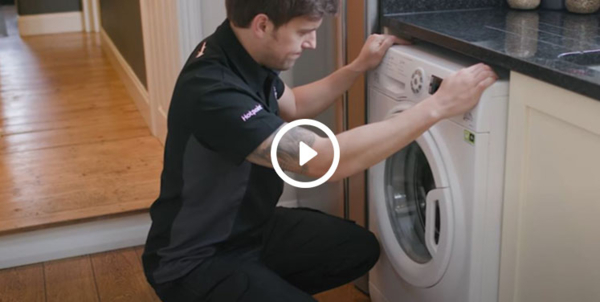
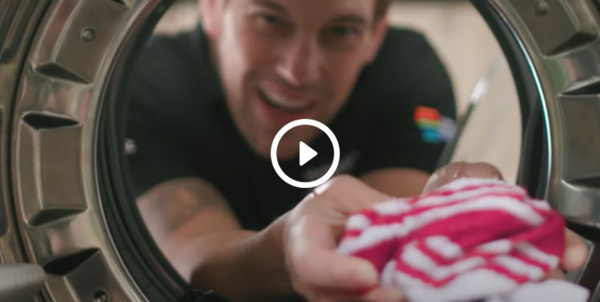
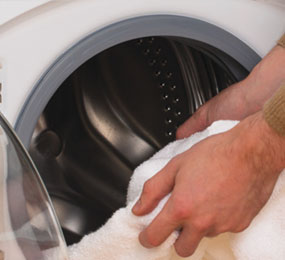
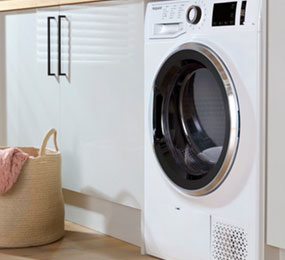
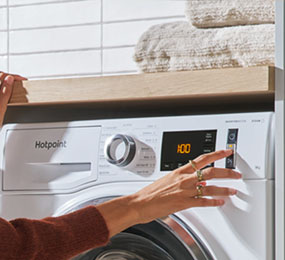
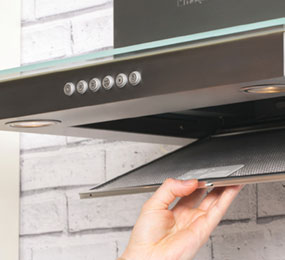










.png)


